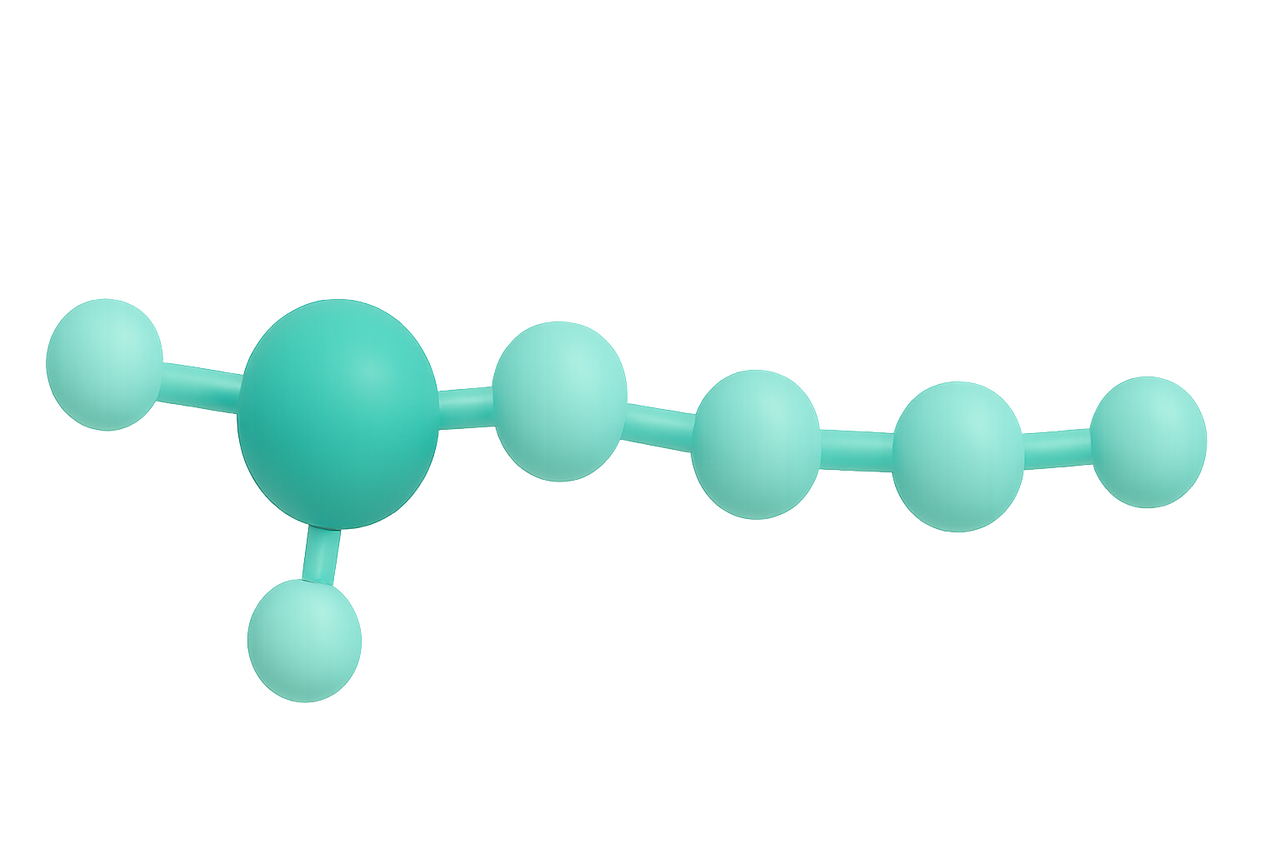
BEHIND life
enhancing benefits
THE science
APPROACH
WHEY PROTEIN CONCENTRATE
PARAD’ICE ICE CREAM
AMINO ACIDS

Our Approach & Commitment
Dr. Jean-François Lesgards
Nutrition in relation to health is a science that requires precision. Protelicious aims to combine gourmet products with scientific knowledge to help people achieve a more balanced diet and stronger health. For this, we prepare and develop high-quality whey protein supplements and food that promote various health benefits in the fields of inflammatory chronic diseases like diabetes, aging, immunity, gut health, weight control, and skin health.
These health benefits are science-backed by clinical research, scientific bibliography and collaboration with leading international laboratories in the fields of dairy and nutrition. That’s why our products are of the best quality thanks to demanding sourcing which fulfills the most respectful processes necessary for preserving the quality and benefits of our ingredients.
Great taste and texture are also key for us as we work with chefs and restaurants to provide recipes for food and beverages, with the goal of integrating strong health benefits into everyday diets.
CSO & Co Founder Protelicious
Dr. Jean-François Lesgards has a Ph.D. in Chemistry and Biochemistry with 25 years of fundamental and clinical research in nutrition, health, and inflammatory diseases. Jean-François also worked 5 years in USA and Canada at the HEART INSTITUTE OF MONTREAL, Qc, CANADA and at the DIABETES & OBESITY CENTER - Division Molecular Cardiology, University of Louisville, KENTUCKY, USA.
He is now affiliated with the National Center for Scientific Research(CNRS) at Aix Marseille University, FRANCE, and has also worked at INRA (National Institute of Agronomic Research), INSERM (National Institute of Health and Medical Research) in France.


